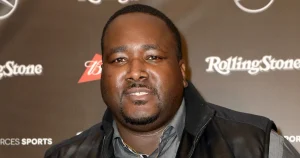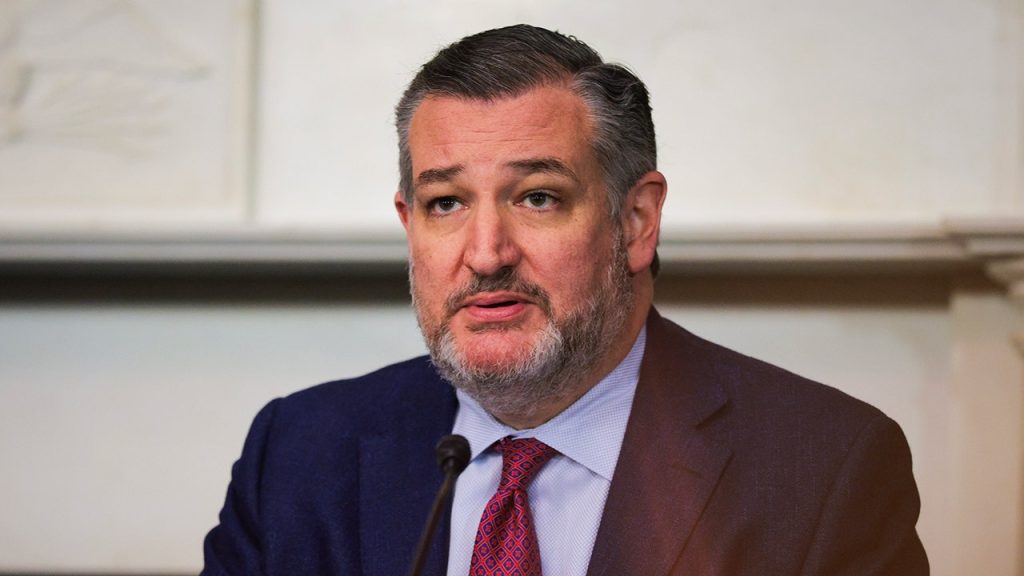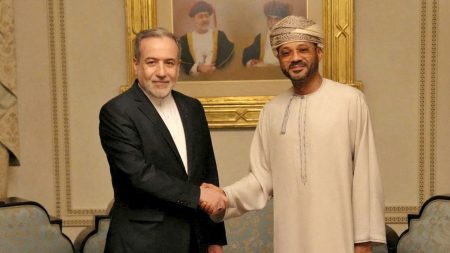UN Report Accuses Israel of Genocide, Drawing Sharp Criticism
In a controversial development, a United Nations report has accused Israel of genocide in Gaza, prompting strong rebuke from American politicians and policy experts. Texas Republican Senator Ted Cruz has forcefully condemned the report, warning that both the incoming Trump administration and Congress have tools at their disposal to sanction those responsible for what he characterized as antisemitic allegations. The report, released by the UN Independent International Commission of Inquiry on the Occupied Palestinian Territory (COI), directly claims that “the State of Israel bears responsibility for the failure to prevent genocide, the commission of genocide, and the failure to punish genocide against the Palestinians in the Gaza Strip.” Cruz’s response was unequivocal, stating that this announcement follows a pattern of “antisemitic smears and libels” leveled against Israel since the Hamas attacks of October 7. He further argued that such accusations undermine American national security interests by limiting Israel’s ability to respond to terrorism and potentially creating precedents that could be used against American servicemembers and citizens.
Policy experts have joined in criticizing the report’s conclusions and methodology. Anne Bayefsky, director of the Touro Institute on Human Rights and the Holocaust, offered a particularly scathing assessment, arguing that the UN inquiry actually “promotes genocide – against Jews.” She pointed out that the report appears to rationalize the October 7 attacks as an understandable reaction to alleged prior Israeli wrongdoing, while downplaying the suffering of Israeli victims by suggesting insufficient harm was done to pose an “existential threat” to Israel. Bayefsky highlighted a troubling imbalance in the report’s recommendations, noting that it makes “zero recommendations for Hamas” and only mentions the terror group’s extensive tunnel network—which was instrumental in facilitating the October 7 attacks—in the context of criticizing Israel’s response. This selective emphasis has raised questions about the report’s objectivity and thoroughness.
The COI report’s specific claims have also come under scrutiny for factual inconsistencies. Salo Aizenberg, director of media watchdog group HonestReporting, challenged the commission’s assertion that Israel has “imposed measures intended to prevent births” among Palestinians. Aizenberg questioned this narrative by pointing out that Israel allowed World Health Organization teams to vaccinate over 600,000 Gazan children earlier in 2025, matching pre-conflict numbers—an action inconsistent with genocidal intent. He also noted that the report fails to acknowledge that more than 20,000 of the Gaza fatalities were actually combatants from Hamas and other armed groups, a distinction that significantly alters the understanding of the conflict’s impact. These omissions suggest a concerning pattern of selective reporting that critics argue undermines the credibility of the entire assessment.
The UN report’s specific recommendations regarding humanitarian aid have sparked particular controversy, especially concerning the Gaza Humanitarian Foundation (GHF). The COI calls for Israel to “ensure full, unimpeded access of humanitarian aid at scale” while ending distribution through the GHF, which the report characterizes negatively based on statements from the commissioner-general of UNRWA, who called the foundation “an abomination” and “a death trap.” However, recent statistics reveal that GHF has been more effective than UN efforts, with UN aid convoys experiencing significantly higher casualty rates along their routes. Moreover, only 14.5% of UN aid trucks have reached their intended destinations since May due to looting and theft, while GHF has successfully distributed 165 million meals at secure sites during the same period. The GHF responded to the report by stating that the COI published its findings “without ever contacting” the organization, calling its claims “falsehoods that could have been easily corrected” if consultation had occurred.
The controversy extends beyond the report’s content to statements made by its authors. COI member Chris Sidoti told the press that “many, many statements by Israeli political and civilian leaders” and “some media commentators in Israel” have been “inciting genocide.” This characterization of Israeli media raised additional concerns about the commission’s approach, particularly when UN Secretary-General António Guterres’s spokesperson did not respond to questions about whether Sidoti’s remarks constituted an attack on Israel’s media institutions. When questioned about the report, Guterres himself distanced his office from its conclusions, stating that “it is not in the attributions of the Secretary-General to do the legal determination of genocide. That belongs to the adequate judicial entities, namely, the International Court of Justice.” This response has done little to quell the growing controversy surrounding the report.
The political implications of this report may be substantial. Bayefsky noted that while “U.S. law withholds funds for the COI, but clearly it has not had the intended impact,” suggesting that stronger measures might be necessary to address what she sees as dangers posed by the UN and its Commission of Inquiry to both the United States and Israel. Fox News Digital reported reaching out to the State Department regarding potential sanctions against COI members or restrictions on their travel to the United Nations, but received no response by press time. Similarly, a spokesperson for the COI did not respond to questions about the report. As tensions continue to rise over this controversial assessment, the report stands as another flashpoint in the complex and contentious international discourse surrounding the Israel-Hamas conflict, with profound implications for diplomatic relations, humanitarian efforts, and the credibility of international institutions tasked with promoting peace and justice.














